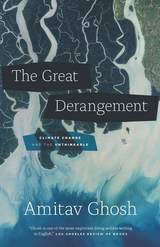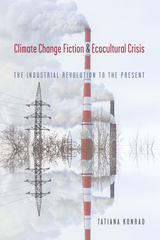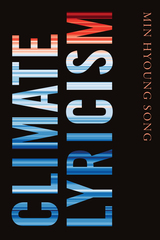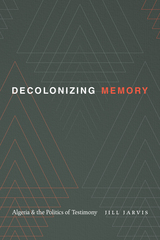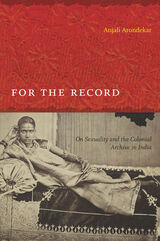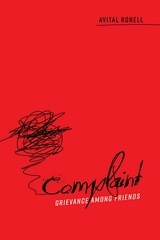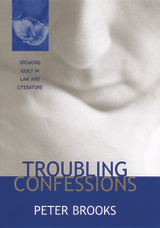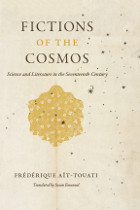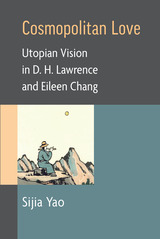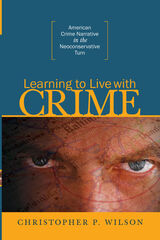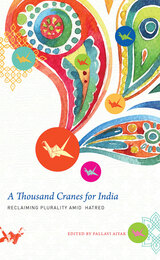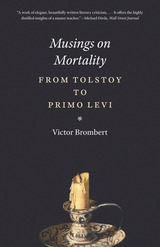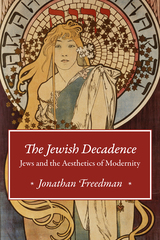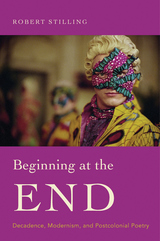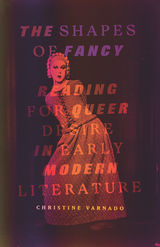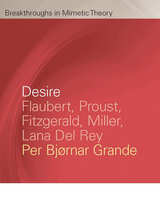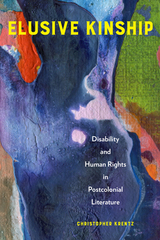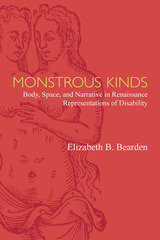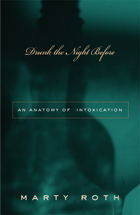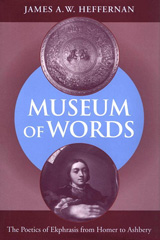Cloth: 978-0-674-19427-4
Library of Congress Classification PN56.D4B6 1991
Dewey Decimal Classification 809.19354
A peculiar necrophilia dominates literary theory. Whether it be under the banner of “anatomy of criticism” or “death of the author,” students of literature seem fated to form a “Dead Poets’ Society.” Can literature ever create or sustain life? What is the cultural mythology of the “dead poet”? In a broad-ranging analysis of modern French and Russian writing—from poems, plays, and essays to revolutionary marches, fashion magazines, and suicide notes—Svetlana Boym reconsiders the making and unmaking of the self in writing on life.
Examining both literal and figurative deaths of poets, the author elaborates alternative strategies for reading text, life, and culture all together. Boym questions the traditional boundaries between literary theory, social psychology, anthropology, and history. She draws on and yet resists ideas advanced by Russian formalists and French and American poststructuralists to develop an authoritative critical vocabulary for the purpose of analyzing modern poetic myths. She brings poets back to life, back to their lives once again, and thereby resuscitates the dying art, the art of dying in words. The result is cultural criticism of a very high order.
The book offers spectacular example of poetic lives. First the author considers the legend of the “pure poet,” focusing on the opposite paths of Mallarmé and Rimbaud. The she investigates the myth of the “revolutionary poet,” stressing the tension between poetry and politics, particularly in the life and work of Mayakovsky. In a third section, she explores the masking image of “poetess” and its fatal entrapment of the woman poet—here, Marina Tsvetaeva. In “The Death of a Critic?” she brings the study to brilliant conclusion, revealing the ironies inherent in the work of Barthes, de Man, and Foucault, the three critics who celebrated the death of the author and yet who, in their own deaths, are subject to biographical speculation.
See other books on: Authors | Criticism, Textual | Death in literature | Literature, Modern | Psychology in literature
See other titles from Harvard University Press

